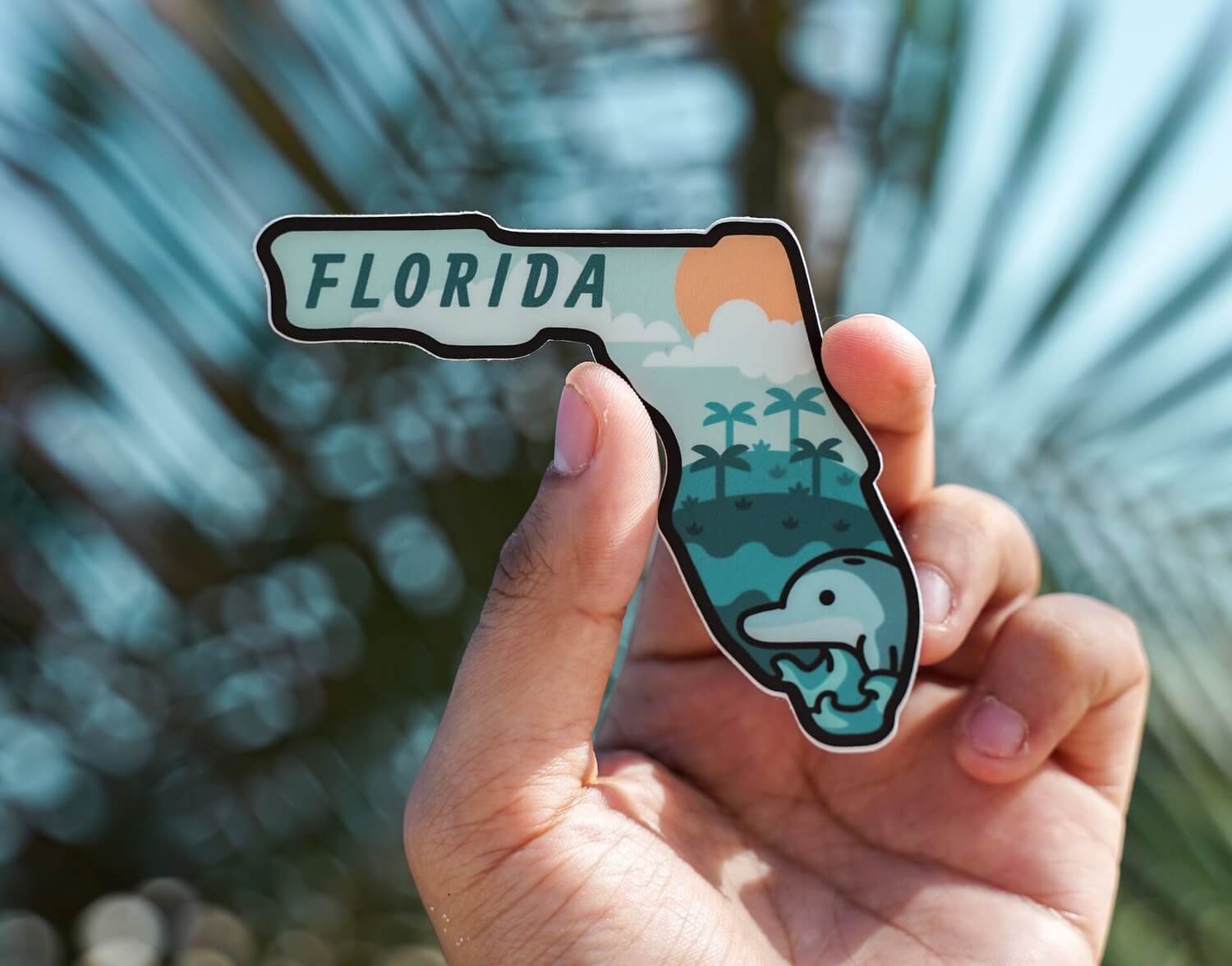October Is National Depression and Mental Health Screening Month
The National Depression and Mental Health Screening Month is in October. This is a time to raise awareness about depression and other mental illnesses. One in five adults in the United States experiences a mental health disorder in any given year, but only 41% of those people receive treatment.
That’s why it’s so important to talk about mental health and dispel the myths and stigmas that surround it. This month, let’s be more observant of others and their mental health needs. Let’s make it safe for people to seek help for mental health disorders without fear of stigma or judgment. And let’s encourage people to get therapy if they need it. Talking openly about our own mental health is one way we can help reduce the stigma around mental illness.
What is Mental Illness? How Do I Know If Someone Has It?
Mental illness is a broad term that includes many different mental health disorders, including depression, anxiety, bipolar disorder, and post-traumatic stress disorder (PTSD). It’s important to remember that mental illnesses are medical conditions just like physical ones. They can have a range of symptoms such as changes in mood or behavior, difficulty concentrating or thinking clearly, sleep disturbances, and more. If you think you may have a mental health disorder, it’s important to talk to a doctor or qualified mental health professional. They will be able to help diagnose the problem and get you on the right path for treatment. You should not attempt to diagnose yourself or have any non-professional diagnose you. Your best bet is to keep an accurate, objective record of symptoms and behaviors if you think you or someone you care about may have a mental illness. Reporting symptoms and signs accurately to a mental health professional is the best way to assist in diagnosis.
Understanding Your Own Mental Health Needs
Taking care of our mental health is an ongoing process, so it’s important to pay attention to how we’re feeling and make changes to our lifestyle as needed. Taking time for yourself, maintaining healthy relationships, talking about your feelings with people you trust, and making sure you get regular physical activity are just a few of the things that can help keep your mental health in balance. During National Depression and Mental Health Screening Month, take some time to reflect on what kind of support you need to stay healthy and happy.
Getting Mental Health Treatment
Getting treatment for mental illness is an important part of caring for your physical and mental health. The first step is talking to your doctor or a mental health professional about your symptoms. They will be able to help you decide what kind of treatment is right for you, which may include therapy, medications, lifestyle changes, or a combination of those things. It’s important to stay in touch with your doctor or therapist on an ongoing basis so that they can monitor your progress and make adjustments to your treatment plan if needed.
The Benefits of Mental Health Awareness
Raising awareness around mental health can have numerous benefits, from reducing stigma to encouraging people to seek treatment sooner rather than later. Mental health awareness also helps dispel myths and misunderstandings about mental illness and encourages open conversations about the importance of taking care of our mental health. This can be a powerful tool for creating greater understanding and empathy in our communities.
Making Mental Health Support Accessible
Mental health treatment can be expensive and sometimes hard to access. Fortunately health insurance is required by law now to cover mental health treatment, so if you have insurance, there will be some coverage for you there. If insurance isn’t available and finances are tight, there are many organizations and programs that provide mental health support at little or no cost. These services range from online counseling and therapy to helplines, support groups, and more. Most are run or funded by county, state or federal government. Doing research on what kind of mental health support is available in your area can make all the difference in getting the help you need when you need it. A great place to start if you don’t have insurance or the means to pay for private treatment is the federal government’s Substance Abuse and Mental Health Services Administration website. It is a nationwide database of local organizations and facilities that can help you at little to no cost. You can search by ZIP code or city to find resources near you.
Why National Depression and Mental Health Screening Month?
National Depression and Mental Health Screening Month is an important month of awareness, reflection, and action. We can support our friends, families, communities, and ourselves by talking openly about mental health issues, reducing stigmas related to mental illness, providing support for those who need it, and encouraging people to seek treatment if they are struggling with depression or another mental health disorder. By being aware of National Depression and Mental Health Screening Month, we can all contribute to reducing stigmas related to mental illness and encourage people in our lives who may be struggling with depression or another mental health disorder to seek treatment. Early diagnosis and intervention can lead to better long-term outcomes, so let’s do our part this month by talking openly about mental health issues and taking action when we see someone in need. National Depression and Mental Health Screening Month is a time to commit to ending the stigmas and supporting each other as we strive for mental wellness.
Getting a Mental Health Screening or Mental Health Treatment
If you believe or someone you love may have a mental illness, help is available. You are welcome to call the Sylvia Brafman Mental Health Center hotline at (877) 958-9212 for guidance. We can conduct a preliminary screening with the person seeking help over the phone and help arrange for treatment at our facility here in South Florida. Even if you’re in a different part of the country, we have many people from throughout the 50 states and even abroad who come to us for treatment. If for any reason you don’t have private health insurance or the means to pay for treatment, we will be glad to make an appropriate referral for you to get the help that you need.



